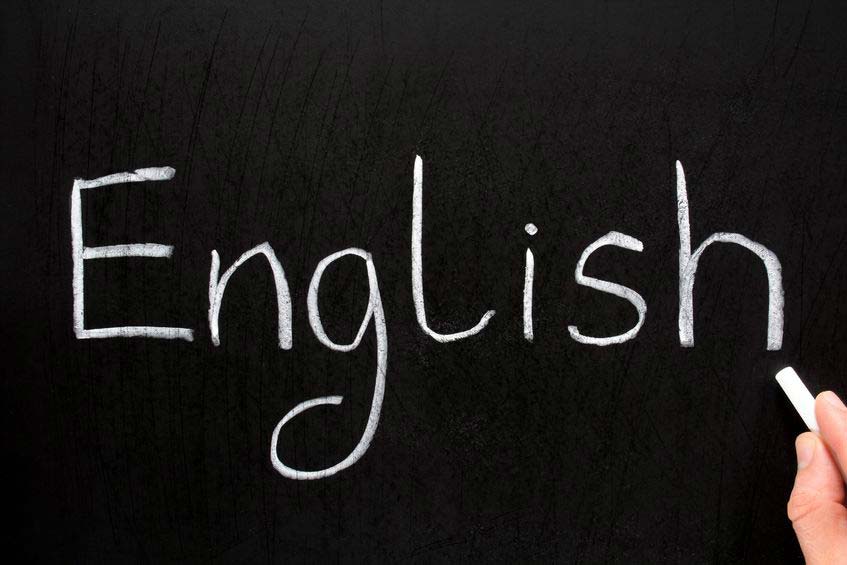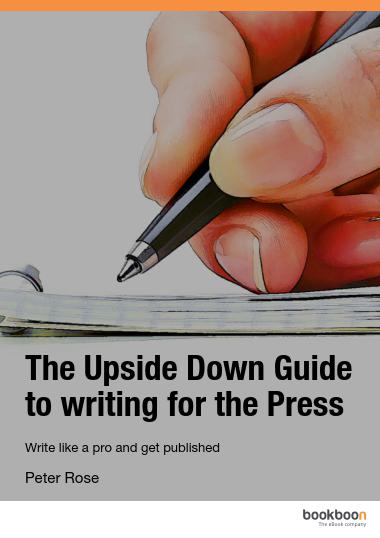Ghoti? Sounds fishy to me!

I was looking at the download figures for Bookboon books the other day- 50 million projected for the current year – and it suddenly struck me how many subscribers to this site probably speak and write English as a second language.
If you are one of them, I take my hat off to you.
Unlike many of the world’s languages, English is not phonetic. In other words, you can’t hear a word spoken and then work out how it should be written; or see a word for the first time and figure out how to pronounce it correctly. There are too many non-standard spellings for that.
Down the years, this tendency has infuriated many people; not all of them non-English speakers.
English and American dissenters
Samuel Johnson (Doctor Johnson), famous as the compiler of the first English Dictionary, used his research and writing of the book as an opportunity to simplify or standardise the spelling of many words. Early Americans such as Benjamin Franklin and Noah Webster (also of dictionary fame) became so frustrated with many of English’s illogicalities that they not only set out to simplify the spelling but also make it more phonetic.
Although, ultimately, their efforts came to nothing, their legacy lives on in the fact that British English (BE) and American English (AE) often spell the same word differently. Some familiar examples are:
labour (BE) and labor (AE)
aluminium ( BE) and aluminum (AE).
plough (BE) and plow (AE)
GBS and another way to spell
Another who tore his hair out at the sometimes nonsensical nature of English spelling was George Bernard Shaw (GBS). The author of plays such as Pygmalion (the basis for the film My Fair Lady) and Androcles and the Lion, Shaw spent much of his time trying, and failing, to convince the literary establishment to embrace wholesale revision of English spelling in order to make it more logical.
What kind of fish is this?
To illustrate his point, he posed the following question:
How do we pronounce the word “ghoti”?
If English were a phonetic language, the logical answer would be Goatee or something similar. Much to everyone’s amazement, Shaw answered that this was a legitimate alternative spelling of “fish”.
When challenged, Shaw explained his slightly ridiculous assertion as follows:
the GH comes from the “f” sound found in English words like rouGH, enouGH and lauGH ( pronounced ruf, enuf and laf)
the O makes the same sound as the “o” in wOmen ( pronounced wimmen!)
Finally, the TI makes the sh sound found in English words such as naTIon, location, option etc ( pronounced nashun, locashun and opshun)
Shaw felt so strongly about changing the face of English spelling that he devoted a great deal of his later life to the pursuit of alternative, phonetic systems. This obsession continued even after his death. In his will he set aside the sum of £500 to fund a competition to create a new phonetic alphabet.
The competition, which took place in 1958, generated sufficient interest to attract 467 entries. The eventual winner, Kingsley Read, not only took the cash prize but also had the privilege of seeing his alphabet used for a new edition of Shaw’s play, Androcles and the Lion.
Unfortunately, like all previous attempts at improving English spelling, the Shavian alphabet, as it came to be known, proved cumbersome and unwieldy. It consists of no fewer than 40 different letters or symbols which vary in depth as well as height and which look more like hieroglyphs than modern letters. Next to it, the standard English alphabet looks a model of simplicity.
The moral? None really.
Just confirmation that no-one has yet found a way to improve English. Despite its quirks and obvious drawbacks it has become the most successful language ever;truly global in its reach with an estimated 1.6 billion speakers. It is also the most widely-taught second language and, of course, the language of international business.
Which brings us neatly back to where we began.
The fact that you have got this far means that your understanding of English is better than good. But, if English and its mysteries can still leave you perplexed and frustrated, take comfort in the fact that you are not alone. And that plenty of help is available for beginners and more advanced users like you.
Try the BBC World Service’s Learning English or this link to 11 websites aimed at new English users. Also check my book, The Upside Down Guide to writing for the Press, for a whole section on English and some pointers on how to avoid being talked into spelling mistakes by your word processor’s Spell Checker.




